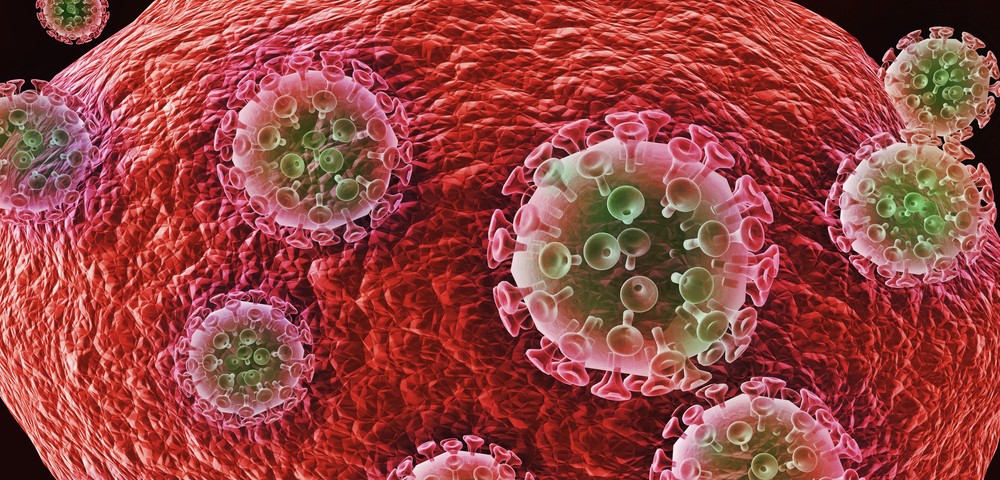AbbVie has announced results from its Phase 2 clinical trial showing that the combination of ibrutinib (Imbruvica) and rituximab was well-tolerated and achieved an overall response rate of 82% in treatment-naïve patients with a diagnosis of follicular lymphoma (FL).
The results were presented by Nathan Fowler, MD, University of Texas, MD Anderson Cancer Center, and lead study investigator, at this week’s 57th Annual Meeting of the American Society of Hematology (ASH).
Jointly developed and commercialized by AbbVie, Pharmacyclics LLC, and Janssen Biotech Inc., ibrutinib is a first-in-class, oral, once-daily therapy that inhibits a protein called Bruton’s tyrosine kinase (BTK), a key signaling molecule in the B-cell receptor signaling complex that plays an important role in the survival and spread of malignant B cells. Imbruvica is designed to block signals that tell malignant B cells to multiply and spread uncontrollably.
Follicular lymphoma, a blood cancer, accounts for the most common of the indolent (slow-growing) non-Hodgkin’s lymphomas and is the second-most-common form of non-Hodgkin’s lymphoma. It is defined as a malignancy of follicle center B cells (centrocytes and centroblasts) that have at least a partially follicular pattern. The median age at diagnosis is 60 years and the median overall survival is up to 14 years.
“The results of this study are very encouraging, as ibrutinib in combination with rituximab demonstrated efficacy in treatment-naive patients with follicular lymphoma,” Dr. Fowler said in a recent press release. “There are patients who may not be good candidates for chemoimmunotherapy, therefore it is vital we have additional treatment options for previously untreated patients with follicular lymphoma.”
The Phase 2 multicenter, open-label clinical trial assessed the efficacy and safety of ibrutinib used in combination with rituximab in 60 treatment-naïve FL patients. Patients were given ibrutinib orally, once per day, until intolerable toxicity or disease progression, plus rituximab administered intravenously once per week for the first four weeks. The trial’s primary endpoint was the objective response rate (ORR), and secondary endpoints included safety, progression-free survival (PFS), duration of response (DOR), and overall survival (OS).
Results, following an average follow-up of 13.8 months, showed an ORR of 82%, while the median time to best treatment response was 2.7 months. The combination therapy was well-tolerated and the observed adverse events (AEs) were mostly Grade 1 and Grade 2, which were anticipated based on experience with single-agent and combined formulations of ibrutinib. Importantly, median PFS, OS and DOR were not reached in this study.
The company also presented additional Phase 1 dose-escalation results in which ibrutinib, combined with rituximab and lenalidomide, was assessed in 22 treatment-naïve patients with FL. The results revealed that the combined treatment was associated with an ORR of 91% in these FL patients, and with an ORR of 94% in a second patient cohort treated with a combined regimen including ibrutinib (560 mg). During the trial there were no observed protocol-defined dose-limiting toxicities; however, ibrutinib in combination with rituximab and lenalidomide was associated with varying degrees of rashes (41% were Grade 1/2 and 32% were Grade 3). As a consequence, 11 patients required a reduction in the dosing.
“Follicular lymphoma is a disease that continues to need additional treatment options for patients. We will continue exploring the potential of ibrutinib as a front-line combination therapy for patients in need,” said Darrin Beaupre, MD, PhD, head of Early Development and Immunotherapy at Pharmacyclics. “We are currently studying ibrutinib as a single-agent and in combination with established therapies as a potential treatment option for a wide range of hematologic malignancies, including follicular lymphoma.”


